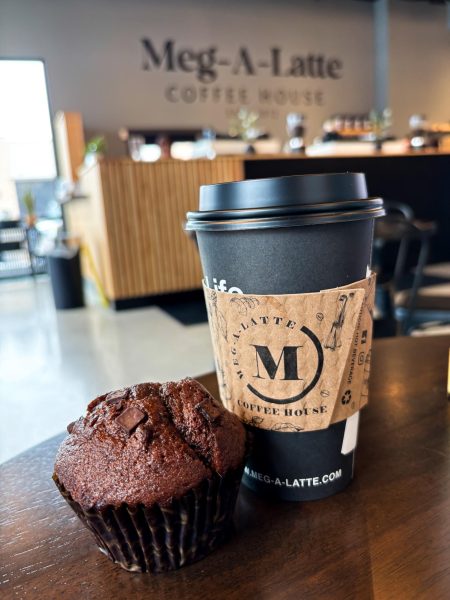Two fraternities face ‘dry’ spell
FRATERNITIES: Houses on campus property will have to be dry according to campus policy.
Phi Delta Theta fraternity house, which will be recruiting again this October after a year and a half suspension from campus. Photo by Caitlin Duggan.
It is a common stereotype that fraternity houses are always full of alcohol.
However, two of the houses on UND’s campus are now required to be dry. Members of Delta Upsilon and Phi Delta Theta, which will be recruiting new members in October after a two-year suspension, will no longer be allowed to keep alcohol in their houses.
“It’s obviously a change in culture,” UND Greek Life Coordinator Alyssa Walker said. “It could be positive, though. It could get more members who don’t want alcohol and their grades will probably increase.”
UND’s Delta Upsilon house has never been dry before, but it recently was required to change its policy after learning it is located on North Dakota University System-owned land, according to Assistant Dean of Student Involvement Cassie Gerhardt.
“It was something they didn’t realize until just this semester when they looked into the documentation,” Gerhardt said.
Delta Upsilon and Phi Delta Theta are the only houses at UND built on NDUS-owned land. All other fraternity houses are considered off-campus.
Phi Delta Theta has had a dry policy internationally since July 1, 2000, meaning all chapters in the United States and Canada are unable to allow alcohol in their houses.
According to Phi Delta Theta International’s website, the policy has proven to be very successful for them, despite initial doubts. The organizations’ amount of open liability claims and lawsuits has steadily decreased, as well the price of liability insurance for members living in the house.
The monthly rent for a single or double bedroom in one of UND’s 12 fraternity houses can fall between $400-500 per resident, which is higher than the average monthly rent price of $300-$400 per person for a two-bedroom apartment in Grand Forks.
This price includes liability insurance to cover alcohol-related damage to the fraternity house and since the price of liability insurance in all Phi Delta Theta houses has decreased, its members are able to get cheaper-than-average housing, plus some of the money has been used to fund educational programming for its members.
“It is quite a bit cheaper to live here than in most other fraternity houses because of the insurance,” UND law student and former Phi Delta Theta vice president Derek Steiner said. “The insurance company gives us a national discount for being dry.”
This is one reason why Steiner and Walker predict Phi Delta Theta will have a successful comeback during its October recruitment. Its members are planning to have two chapter consultants from their national headquarters visit to help out and then come back in the spring to check up on its progress. Leadership consultant Bob Wolfley has actually visited UND’s chapter multiple times.
“I predict it will go really smoothly. The guys coming in are very good,” Steiner said.
As far as parties go, there are always options available that don’t involve drinking inside the house.
“They could definitely still have social events,” Walker said. “They could have events at other venues – they always do anyway. I don’t think it will be a big change for either house.”
UND’s Phi Delta Theta chapter does allow alcohol during their parents’ formal every semester, but they have to notify their national headquarters about it, according to Steiner.
After its temporary suspension in Fall 2011, there is a lot of excitement and anticipation about Phi Delta Theta’s comeback within UND’s Greek community.
“I can’t wait to restart the chapter and bring in a whole new group of guys,” Steiner said. “We have a really great legacy at UND. We just celebrated our 100th anniversary here.”
Jaye Millspaugh is the multimedia editor of The Dakota Student. She can be reached at jaye.millspaugh.2@my.und.edu.






